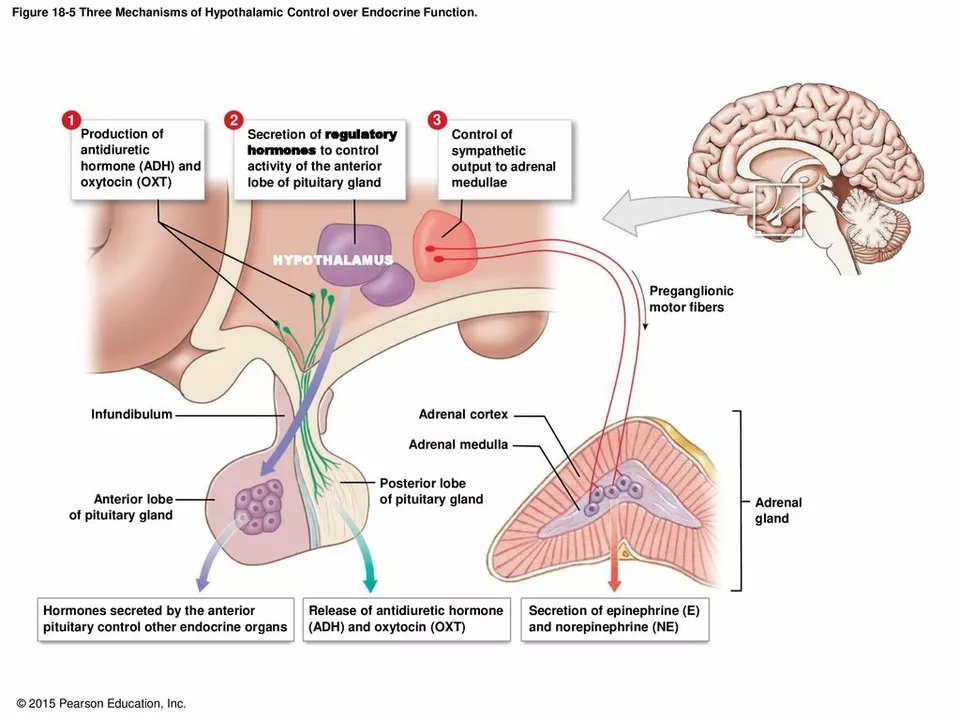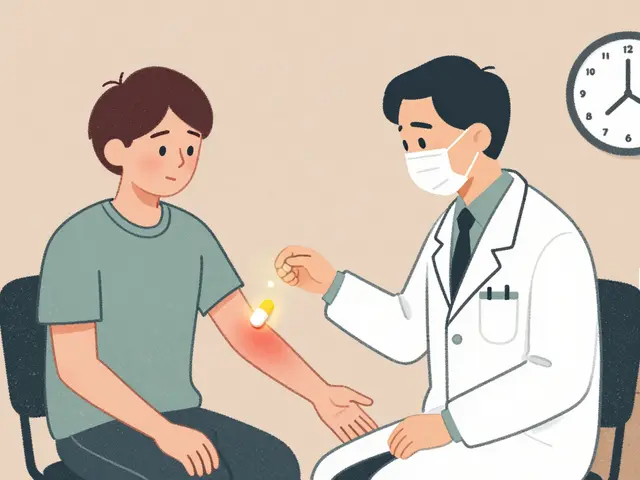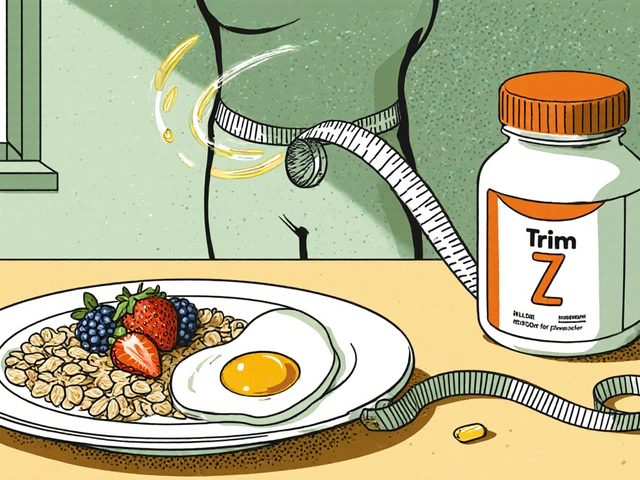Antidepressant: what you should know before starting
Feeling low or stuck? Antidepressants can help, but they’re not magic pills. They change brain chemistry slowly, and the right drug and dose vary from person to person. This page gives clear, practical facts so you can talk with your doctor and make better choices.
How antidepressants work and common types
Most antidepressants tweak neurotransmitters — chemicals that carry signals in your brain. Here are the main types you’ll hear about:
- SSRIs (sertraline, escitalopram, fluoxetine): first-line for depression and anxiety. Often well tolerated and once-daily dosing makes them easy to use.
- SNRIs (venlafaxine, duloxetine): treat both mood and some pain conditions.
- TCAs (amitriptyline, trimipramine): older drugs that can be very effective but have more side effects and need caution in heart disease.
- MAOIs (phenelzine): powerful but require strict diet rules and avoid mixing with many meds.
- Atypical antidepressants (bupropion, mirtazapine): useful when sexual side effects or sleep issues matter.
Expect a wait: many people notice gradual improvement after 2–4 weeks, and full benefit may take 6–12 weeks. If nothing changes after a reasonable trial, your clinician may adjust the dose, switch drugs, or add therapy.
Practical safety tips and what to watch for
Start simple: tell your doctor about other meds, supplements, alcohol use, pregnancy plans, and medical conditions. Drug interactions matter — combining certain meds can cause serotonin syndrome, which is dangerous. Avoid mixing MAOIs with SSRIs or some OTC cold drugs.
Side effects are common but often fade: nausea, headache, sleep changes, and sexual problems are the usual suspects. If side effects are severe or don’t ease within a few weeks, talk to your prescriber — switching drugs or adjusting dose often fixes it.
Watch mood closely. Young people under 25 can have increased suicidal thoughts when starting antidepressants. If you or someone close experiences new or worsening suicidal thinking, agitation, or sudden mood shifts, contact emergency services right away.
Don’t stop abruptly. Stopping suddenly can cause withdrawal (dizziness, flu-like symptoms, electric shock sensations). A safe plan uses a gradual taper guided by your doctor.
Combine treatments for best results. Medication plus psychotherapy (CBT, interpersonal therapy) usually beats medication alone for many people. Lifestyle matters too: sleep, movement, and regular routines boost recovery.
Prefer fewer drugs or natural options? We cover supplements like SAM-e, rhodiola, and omega-3s and outline what the evidence says. Always check with your clinician before adding supplements — they can interact with prescribed meds.
Questions you can ask your doctor right now: Which type fits my symptoms? How long until I should expect changes? What side effects should I report immediately? How will we stop the medicine when it’s time? Clear answers help you feel safer and more in control.
If you want specific guides, we have posts about Trimipramine, Escitalopram alternatives, and natural mood-boosting supplements — useful next reads when you’re comparing options.

- Jun 1, 2023
- Posted by Cillian Osterfield
Vortioxetine and Cognitive Function: A Promising Connection
In my recent research, I came across some fascinating findings about the connection between Vortioxetine and cognitive function. Vortioxetine, an antidepressant medication, has shown promising results in improving cognitive performance in people with depression. Not only does it alleviate depressive symptoms, but it also seems to directly enhance memory, attention, and processing speed. These cognitive benefits could be a game-changer for those struggling with depression, as they may lead to better daily functioning and overall quality of life. I'm excited to follow this promising connection further and will keep you updated on any advancements in this area.
Categories
- Health and Wellness (71)
- Medications (68)
- Health and Medicine (28)
- Pharmacy Services (12)
- Mental Health (9)
- Health and Career (2)
- Medical Research (2)
- Business and Finance (2)
- Health Information (2)
©2026 heydoctor.su. All rights reserved





